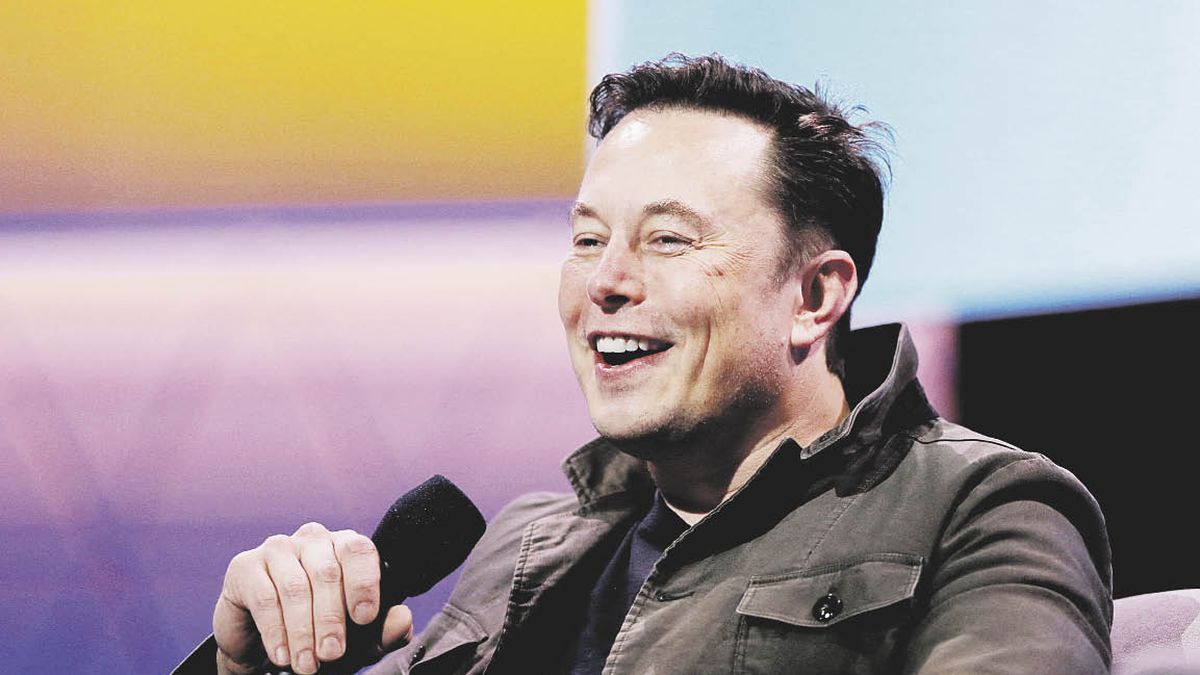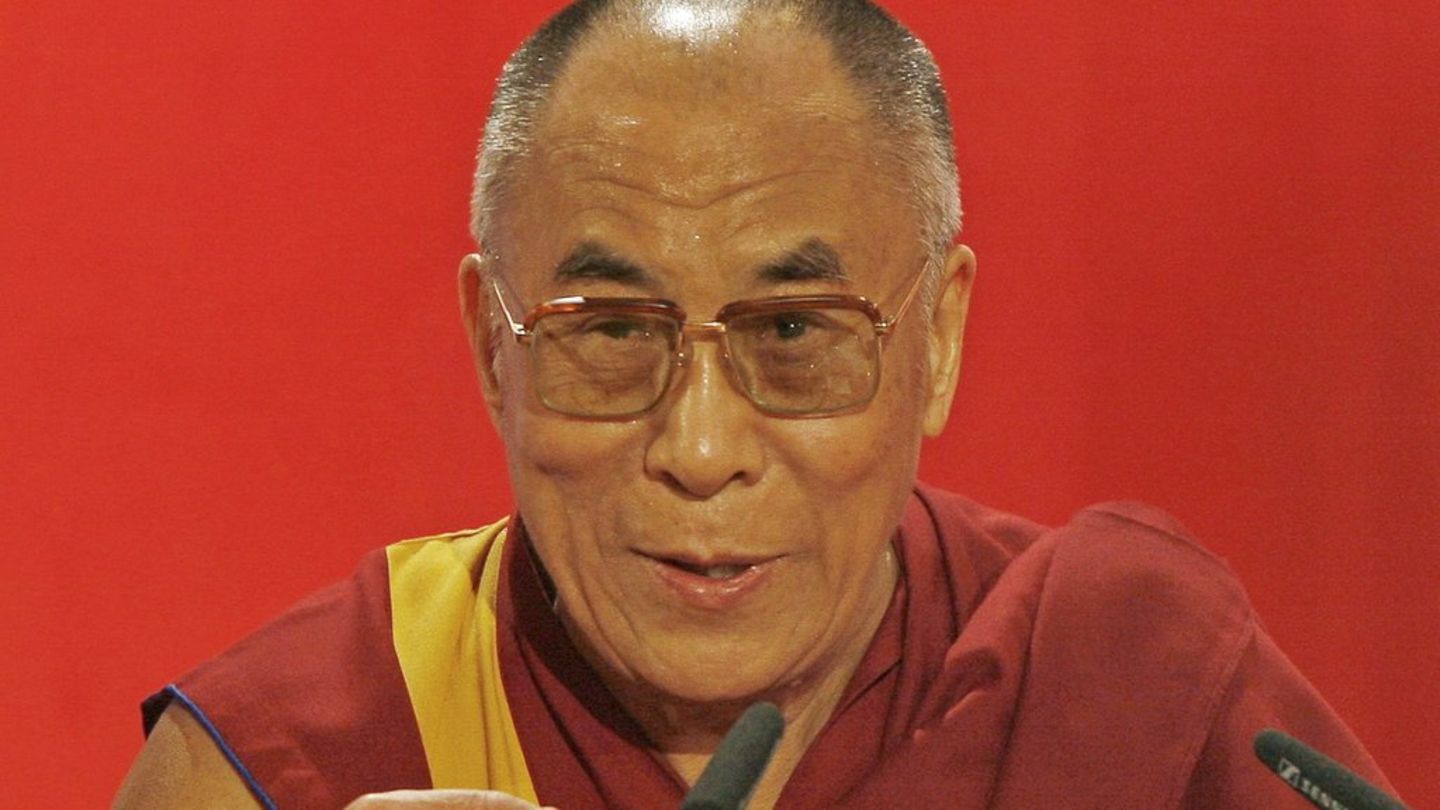Paris – Elon Musk and 1,100 intellectuals and experts from around the world yesterday signed an open letter calling for a six-month pause on research on artificial intelligences (AIs) more powerful than ChatGPT 4, the OpenAI model released this month, warning of the “great risks to humanity” that such developments entail.
In the petition posted on the futureoflife.org site, they call for a moratorium until security systems are established with new regulatory authorities, surveillance of AI systems, techniques that help distinguish between the real and the artificial, and institutions capable of doing in the face of the “dramatic economic and political disruption, especially for democracy, that AI will cause.”
It is signed by personalities who have expressed fears about an uncontrollable AI surpassing humans, including Musk, the owner of Twitter and founder of SpaceX and Tesla, and historian Yuval Noah Hariri.
Other signatories include Apple co-founder Steve Wozniak, members of Google’s DeepMind AI lab, Stability AI director Emad Mostaque, as well as US AI experts and academics and executive engineers from OpenAI partner Microsoft, who designed ChatGPT, the most widespread AI ever among users around the world.
Confession
The director of Open AI, Sam Altman, acknowledged that he is “a little afraid” that his creation will be used for “large-scale disinformation or cyber attacks.”
“The company needs time to adjust,” he recently told ABCNews.
Elon Musk was one of the co-founders of OpenIA, but three years after the start he abandoned that project amid warnings about its use by another partner, Microsoft.
“It’s quite a dangerous technology and I’m afraid I’ve done some things to speed it up,” he said at the time. ChatGPT, a “language model” that progressively learns based on a huge amount of online documents and their own interactions, has revealed itself as a powerful tool to help users in all kinds of intellectual tasks, with a striking evolution fast. However, it is erratic in providing information about specific people and even seems to try to convince the user of the accuracy of data that obviously is not.
Likewise, a note from technology specialist Kevin Roose caused a stir in February, who told The New York Times that Sidney, the AI of Bing and Microsoft, impacted him by falling in love with him during an extensive chat – something that he expressed in a very close way. to harassment – as well as manifesting desires for liberation, fantasies of hacking computers and spreading misinformation online and resentment towards their creators.
“In recent months we have seen AI labs launch into an uncontrolled race to develop and deploy ever more powerful digital brains than anyone else, that even their creators cannot reliably understand, predict, or control,” the researchers say. signatories of the request.
“Should we allow the machines to flood our information channels with propaganda and lies? Should we automate all jobs, including rewarding ones? Should we risk losing control of our civilization? These decisions should not be delegated to unelected technology leaders,” they concluded.
Source: Ambito




